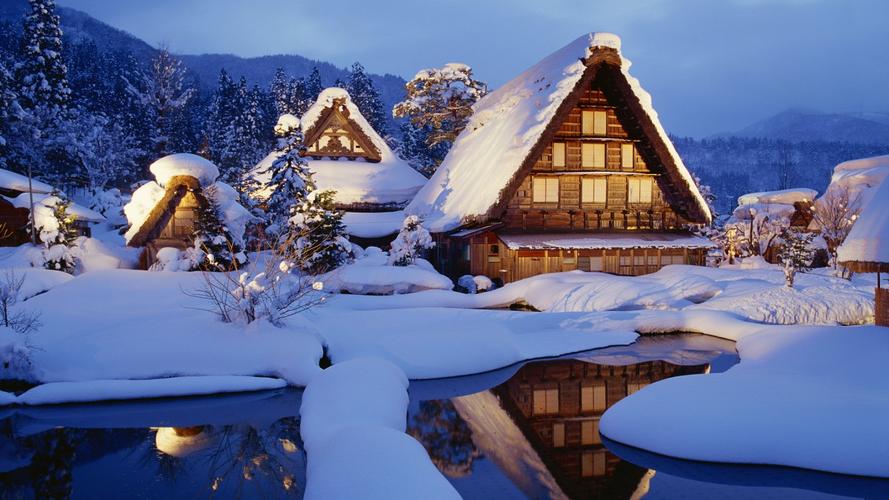Exploring Zimbabwean Culture: A Look at Traditional Customs and Rituals
Zimbabwe is a country that boasts a rich cultural heritage, which is reflected in its arts, music, and traditional customs and rituals. For centuries, the country has been home to various indigenous tribes, each with unique traditions and beliefs. In the following article, we’ll delve deep into Zimbabwean culture and explore some of the unique customs and rituals that are still cherished by its people.
Birth and Naming Ceremonies:
In Zimbabwean culture, the birth of a child is a significant event that is celebrated by the family and the community. Traditionally, when a baby is born, the father announces the birth to the family elders, who then perform a ceremony to welcome the baby into the community. The ceremony involves ritualistic events such as burning of herbs, singing, and dancing. The baby is then named according to the customs of the family or the tribe.
Marriage Ceremonies:
The institution of marriage in Zimbabwean culture is highly valued. Marriage in the country involves elaborate ceremonies that vary from tribe to tribe. One such ceremony is the “lobola” ceremony, where the groom’s family pays a bride price to the bride’s family as a token of their appreciation. The ceremony is attended by close relatives and friends, and it’s customary to exchange gifts during the ceremony.
Death and Funeral Ceremonies:
The passing of a loved one in Zimbabwe is a solemn affair, and it’s customary for the family to mourn for a significant period. The period of mourning usually lasts for a week and involves ritualistic ceremonies such as singing, dancing, and feasting. The funeral ceremony is attended by family and friends, and it’s customary for the community to provide support by preparing meals and assisting with the burial.
Dance and Music:
Dance and music play a significant role in Zimbabwean culture. There are several traditional dance forms such as the “Gule Wamkulu,” which is performed by the Nyau ethnic group. The dance involves wearing colorful masks and costumes and performing a synchronized dance to the beat of the drum. Music in Zimbabwe is diverse and ranges from traditional music to modern urban music.
Art and Handicrafts:
Zimbabwe is known for its art and handicrafts, which reflect the country’s cultural diversity. Sculpture is one of the most popular forms of art in Zimbabwe, and the country is home to several prominent sculptors. The Shona people are known for their intricate stone sculptures, which are highly valued in the art world.
In conclusion, Zimbabwean culture is diverse and rich in tradition and beliefs. The country’s customs and rituals reflect the unique heritage of its people and offer insights into their way of life. From birth to death, Zimbabwean traditions offer an opportunity to celebrate life’s most significant events, and they continue to be cherished by the country’s people.
(Note: Do you have knowledge or insights to share? Unlock new opportunities and expand your reach by joining our authors team. Click Registration to join us and share your expertise with our readers.)
Speech tips:
Please note that any statements involving politics will not be approved.
